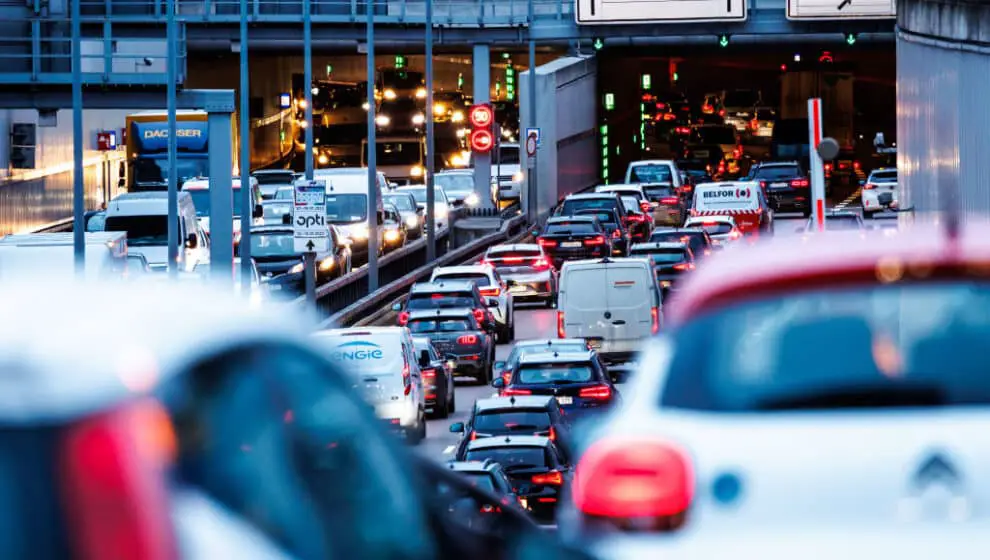New reports from the UK reveal that autonomous cars could create more traffic, not less, as proponents have long suggested.
Key Details
- Fans of self-driving vehicles have suggested that the cars could help clear up traffic congestion, but a new report from the UK suggests that the opposite could be true.
- From 2025 to 2060, traffic congestion could increase by as much as 85% in England and Wales, according to findings from the Department for Transport.
- These numbers are driven by the projected increase of self-driving vehicles that could make up half of all cars on the road by 2047.
- Additional drivers on the road—such as the elderly and those who do not currently have a driving license—would be the primary cause of increased traffic.
- The report also suggests that drivers will be more willing to sit in traffic since autonomous driving will allow them to focus on things other than the road.
Why it’s news
Self-driving vehicles have been lauded as a possible solution for frustrating traffic jams, but the vehicles also give potential millions access to personal vehicles. This scenario is only likely if drivers prefer to have their own vehicle rather than take advantage of public transportation, carpooling, and vehicle sharing options.
“If everyone insists on having their own driverless car then traffic volume and parking pressures will rise … However, if we are prepared to access these vehicles on-demand and forego personal ownership then we could have a win-win situation: quieter roads, fewer cars shared by the many, and cheaper transport,” says RAC Foundation—a transportation policy and research organization—director Steve Gooding.
Already London is particularly affected by heavy traffic. In 2022, the city was named the most congested city in the world. Drivers in the UK lost nearly 80 hours last year sitting in traffic; drivers in London average 156 hours waiting in traffic.
Fully autonomous vehicles aren’t legal in the UK yet, but auto manufacturers are working to make the technology available. Oxbotica, an Oxford-based company, tested a fully autonomous vehicle on public roads early last year.
The Department for Transport said last year that it expected the self-driving vehicles would be ready for public use by 2025.
